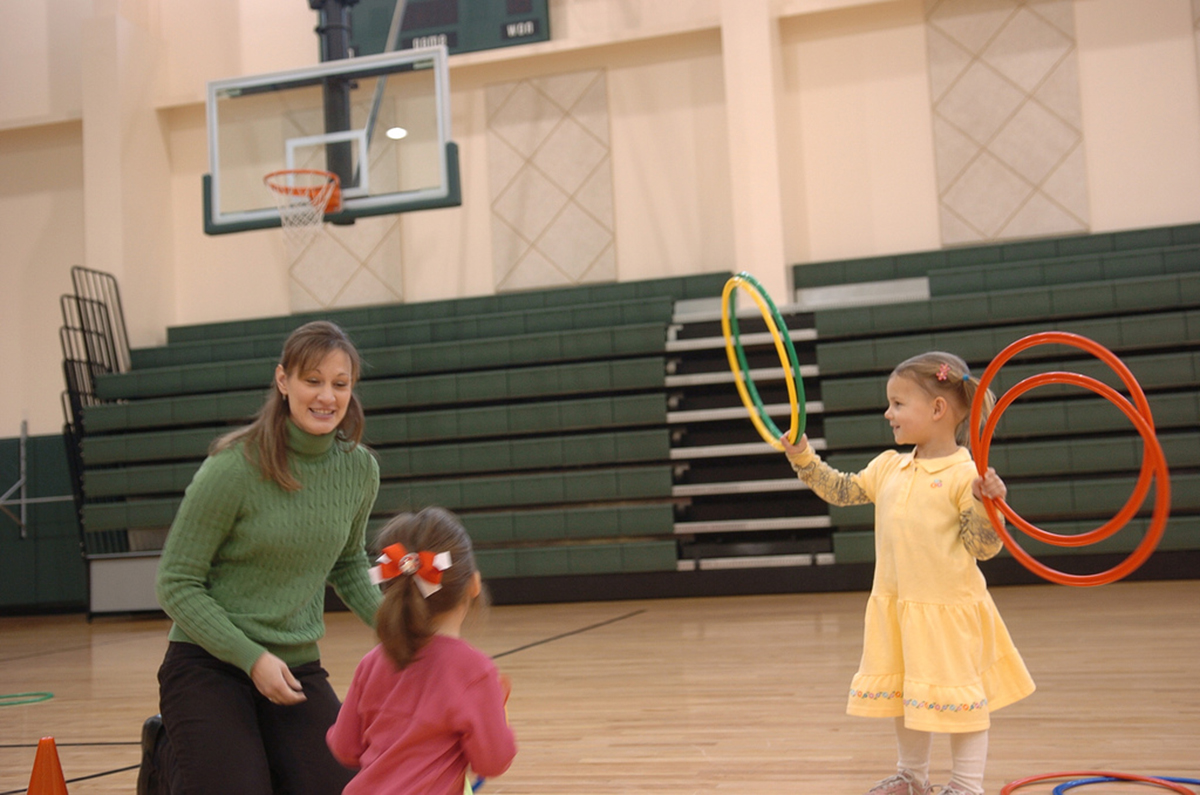Table of Contents
Do you want to remain a positive and attentive parent while you are stressed? Whether you're dealing with every-day stresses or catastrophic events, there often isn't much you can do to change your reality. What you can do, however, is acknowledge you are stressed.

This, in turn, allows you to develop more positive coping mechanisms that won't have much of a negative impact on your children. Positively parenting through stress often includes talking to your kids and helping them cope, but it all starts with you.
Your stress-recognition routine might look something like this:
- Realize you are stressed, either by analyzing your emotions or your behavior.
- Take a deep breath.
- Ask yourself how your stress is impacting your interactions with your children.
- Engage in healthy stress-relief techniques.
- Tell your kids that you are stressed right now and it is not their fault.
- Talk about why if you feel the need, and explain what you are doing to feel less stressed.
- Spend time doing something you enjoy with your children.
Healthy Stress-Relief Behaviors
There are numerous healthy coping techniques that will enable you to deal with the stresses you are faced with. Take your pick.
Talking to your partner, friends, relatives — or sharing your troubles on an online forum like the SteadyHealth discussion boards — will all give you feedback from someone else and make sure you don't keep it all inside. Keeping a journal is another powerful way to crystallize your thoughts and feel better. However you choose to talk about your stressors, talking ensures you are not in denial and are less likely to turn to unhealthy ways of dealing.
If it's being terribly busy that is causing you stress, quit sweating the small stuff — even if that is in your nature. Make a list of things that need to get done and other things you do, and see what you can cross off. It's OK if you say no to social gatherings, or a clean and tidy house, or home cooking, or... anything else. It's probably only temporary.
It's not OK to say no to spending positive time with your partner and your kids, and it's not OK to say no to having fun.
Neglecting to look after you own basic needs is also a big no-no, since this will make you feel even more depleted and stressed. So feel free to take time out whenever you can, and engage in things that are truly relaxing for you.
Establish a stable home environment that promotes a sense of safety and security. Maintain consistent routines, provide a nurturing atmosphere, and ensure open communication within the family. Shield your children from unnecessary exposure to stressors or conflicts that might be causing your own stress and anxiety. This could include limiting their exposure to heated discussions, news events that might be distressing, or adult conversations that could be overwhelming for them.
There are several cliché things you can do that actually work — including faking it until you make it, remembering things you can be grateful for, and helping those who are less fortunate. Try to maintain a positive and optimistic outlook in front of your children, even during challenging times. This doesn't mean denying or suppressing your emotions, but rather emphasizing resilience and problem-solving. Focus on finding solutions and highlighting the strengths and positive aspects of situations.
Also try exercising together with your kids to get those stress hormones out of your system, and laughing together. Laughing is a scientifically-proven anti-stress mechanism!
Read More: Parenting Advice: How to Spend Quality Time With your Kids
Talking About Your Stress
Are you tempted to try to hide your stress? Don't think for a moment that it will work. Are you tempted to employ your child as a free, unskilled therapist? That won't work either. The golden middle way is mentioning you're stressed and telling your kids your stress is not their fault. You can talk about why you are stressed if you want, but children don't usually need to hear all the small details.
Encourage open and honest communication with your children. Create a safe space where they feel comfortable expressing their feelings and concerns. Be available to listen actively, validate their emotions, and provide reassurance. However, avoid burdening them with your own anxieties or using them as emotional confidants.
What you can talk about in as much detail as you want is how you cope with stress. Modeling healthy coping behaviors will help your children for the rest of their lives. At the same time, you can help your kids identify their stress style and their stressors. Developing healthy ways of dealing with their stress is a bonding exercise that will benefit both of you immensely.
Children learn from observing their parents. Show them healthy ways to manage stress and anxiety by practicing self-care, engaging in relaxation techniques, maintaining a balanced lifestyle, and seeking support when needed. This teaches children important skills for managing their own emotions.
- Photo courtesy of Shannon Kringen by Flickr : www.flickr.com/photos/shannonkringen/3602394004/
- Photo courtesy of USAG- Humphreys by Flickr : www.flickr.com/photos/usaghumphreys/3048025006/


Your thoughts on this